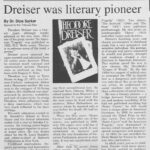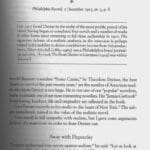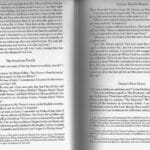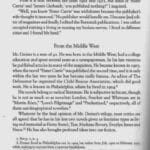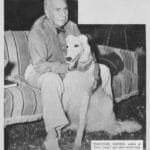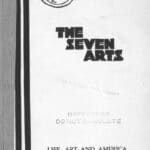Stay Informed
Sign up to receive info on monthly programs and events coming to the library.
Sign Up
Current Newsletter
See All Events
Check out all events offered at the library
Downloadable Media
Borrow eBooks, download music, and access movies online for free!
Creative Spaces
Innovate with the latest technology at Haute Create and Haute Studio.
See All Databases
Main Library
Terre Haute, IN 47807
812.232.1113
Text: 812.612.8275
Fri: 8 A.M. – 6 P.M.
Sun: 1 P.M. – 5 P.M.
West Branch
West Terre Haute, IN 47885
812.235.2121
Tue: 10 A.M. – 6 P.M.
Wed: 12 P.M. – 8 P.M.
Thu/Fri: 10 A.M. – 6 P.M.
12 Points Branch
2200 North 13th St
Terre Haute, IN 47804
Opening 2024!
Contact Us
Support VCPL
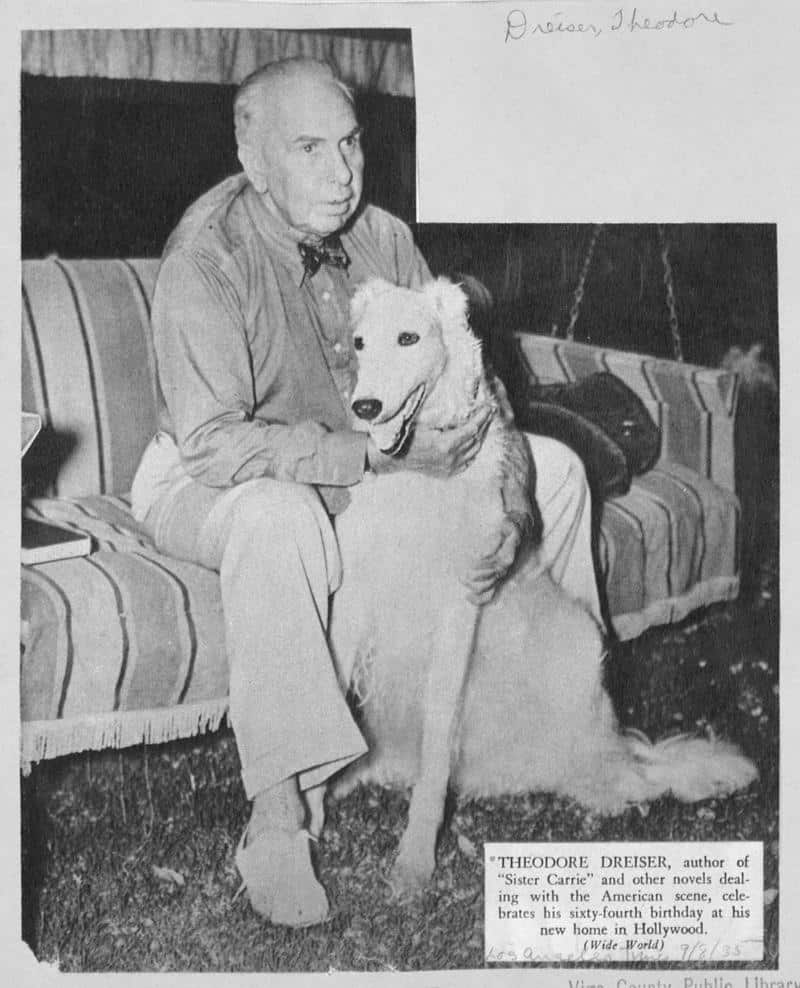
August 27, 1871 - Theodore Dreiser (Aug 27, 1871 – Dec 28, 1945)
Dreiser was literary pioneer
By Dr. Dipa Sarkar
Theodore Dreiser was a literary giant although hardly admired in his own time. After one of his great novels “An American Tragedy” was published in 1925, H. G. Wells wrote, “Dreiser is in extreme sense of the word, a genius.”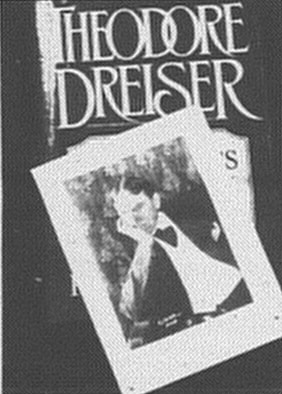
Dreiser never received the same warmth and adulation from his native state, however. When he received much national and international acclaim, Hoosiers were as confused as they had been with Eugene V. Debs
Theodore was born in Terre Haute on Aug. 27, 1871, to a German-Catholic immigrant father and a Mennonite mother. He was next to the youngest of 10 living children. His childhood was characterized by poverty, instability, and lack of supervision. In young Theodore, these influences made a deep impression, which was very much reflected in his later writings.
His early education started in St. Benedict’s School in Terre Haute and his formal education ended with a year at Indiana University. His writing career began as a newspaper reporter in several major cities. He was drama editor for the St. Louis Republic and editor-in-chief of Buttrick Publications in New York.
Childhood deprivations, frequent uprooting’s and insecurities kept him emotionally dependent on women, but he could never trust them. He was always seeking their unconditional love. He married Sara Osborne White, a school teacher from Missouri and divorced her 11 years later. For the next years he lived with his mistress, Helen Richardson, an actress whom he married only a year before his death. He had no children.
When his first novel, “Sister Carrie”, modeled after one of his sisters, was published in 1900, only 450 copies were sold but it rocked the literary world. It was condemned as immoral and shook the very foundations of Victorian Puritanism present at that time. It was not republished until 1907.
After that he wrote many novels, such as “Jennie Gerhard” (1911), “The Financier” (1912) and “An American Tragedy” (1925), two others, “The Bulwark” (1946) and “The Stoic” (1947) were published posthumously. He also wrote an autobiography “Dawn” (1913) and other essays and sketches.
Dreier’s hardship years and chaotic environment in childhood made him a very perceptive and sensitive individual. His portrayal of people and society separated by wealth and poverty, strength and weakness shaped a new direction in American literature. This realism paved the way to new classics like Steinbeck’s “Grapes of Wrath”. By the late 1930s his support of radical causes prompted the FBI to classify him as a dangerous and subversive individual. But as an American writer, he understood the social machine and was more than a chronicler of social forces.
He was a literary pioneer- a bridge between Victorian prudery and modern sensibility. If he had not published anything but “Sister Carrie” he still would have a unique place in American literature. In 1930 he narrowly missed the Nobel Prize to Sinclair Lewis. Two of his novels, “Sister Carrie” and “An American Tragedy” were dramatized in movies, which brought him widespread recognition and popularity. In 1944, he was awarded the Merit Medal for fiction by American Arts and Letters.
In adult years, just as in childhood, Dreiser lived many places but finally settled in southern California, where he died of a heart attack Dec. 28 1945.

